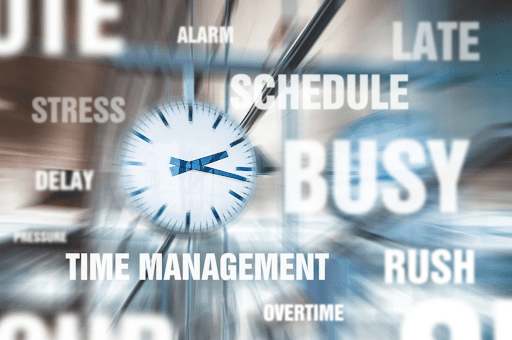Have you ever been to the doctor and felt like they were mad at you?
It is not unlikely that you have not felt calm or reassured by your doctor. We go to them for answers and to feel valued in our fears, but sometimes we are not met with the compassion we seek. As patients, this may make us feel upset or like a burden, but perhaps there is an underlying issue. Maybe we need to give a little grace to our doctors and nurses who take care of us.
As a reminder, we are not the only patient a doctor sees in a day. Besides seeing so many patients in one day, they are also bogged down with hours of paperwork each week. Not only does this add an extra layer to their workload, it can drain them of their energy, making them not seem so chipper when you meet with them.
Bedside manners is one of the most common complaints patients have about general practitioners. Out of 2,000 people studied, 32% said they made complaints due to ‘poor behavior such as manner or attitude.’ Sometimes people may think their doctor is mad at them or just does not like them, however there are a variety of factors as to why they seem less than enthused.
“The fact of the matter is that our physicians are facing 27-hour days. Between paperwork, credentialing, and continuing education, they are left with little time to build meaningful connections with patients. Although they understand that bedside manners are important to the wellbeing of their patients, they cannot pour from an empty cup. The primary focus should remain on the core of the job to avoid burnout. It’s quite unfortunate but necessary in order to keep up with the excessive workload expected of doctors ” shares Sarah Worthy, CEO of DoorSpace.
Your doctor is not mad at you, in fact, they probably chose this job to take care of people, but when they are not being taken care of it can be hard for them to put a smile on their face.
There are ways to help give doctors a little time back in their days to focus on building relationships with their patients instead of doing hours of paperwork. New advancements in technology are helping doctors and healthcare systems manage documents in a way that takes little time out of their day. This new technology is helping get new employees credentialed and tracking their education in an automated way, so other employees do not have to do so. This saves doctors and other healthcare clinicians hours in their weeks to take care of patients.
“On top of the two hours of patient documentation a physician has for every one hour they spend treating patients – physicians also have almost nine hours per week of non-patient related paperwork. A lot of what constitutes a physician’s paperwork is writing down the same information repeatedly. The bulk of that time spent on non-patient related paperwork can easily be automated by moving to a centralized data-management system. The time that this could save our physicians could greatly impact their interactions with patients and could potentially re-ignite their love for practicing medicine,” says Worthy.
Technology like this also provides a level of accuracy and efficiency that is needed in the healthcare industry. This tool is a convenient way to make sure documents and employee information is organized, giving them more time to do what matters. Providing a resource for healthcare workers is necessary to an overall high-level of patient care.






![“my-personal-goal-[is]-to-prevent-abusers”:-durov-as-telegram-changes-moderation-policy](https://inboxguruinsights.com/wp-content/uploads/2024/09/3742-my-personal-goal-is-to-prevent-abusers-durov-as-telegram-changes-moderation-policy-420x280.jpg)
